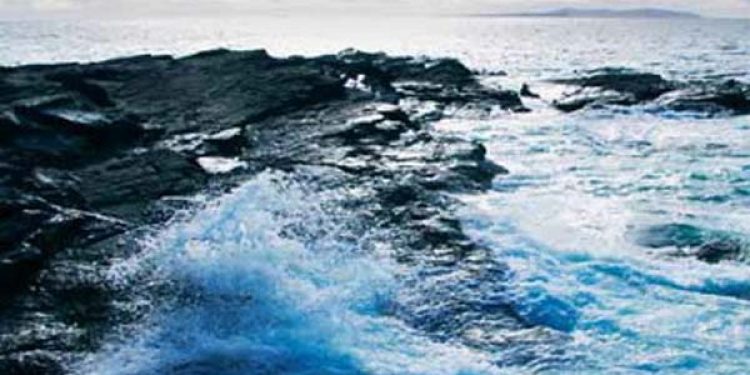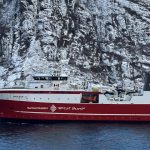The European Commission has today adopted an Action Plan to revitalise the marine and maritime economy in the Atlantic Ocean Area. The Action Plan follows from the Atlantic Strategy the Commission adopted in 2011.
It aims to show how the EU’s Atlantic Member States, their regions and the Commission can help create sustainable growth in coastal regions and drive forward the “blue economy”, which has the potential to provide 7 million jobs in Europe by 2020. At the same time, the environmental and ecological stability of the Atlantic Ocean must be preserved.
European Commissioner for Maritime Affairs and Fisheries, Maria Damanaki,said: “The Atlantic plays an important role in Europe’s history and identity. Our Maritime Strategy for the Atlantic will explore its immense potential for the future sustainable development of Europe. Together with our six Atlantic Members States, we will exploit the common challenges and opportunities the Atlantic offers us, from issues like coastal tourism and fisheries to renewable energy, mineral seabed exploration and marine biotechnology.”
The Atlantic area is home to numerous maritime activities. This includes both traditional activities, such as fisheries, aquaculture, tourism and shipping, as well as emerging ones such as offshore renewables and marine biotech. Individually, the Atlantic Member States (Ireland, France, Portugal, Spain and the United Kingdom) are doing a lot in each of these areas and some have adopted their own respective maritime strategies. The Action Plan now encourages the Member States to work together: to share information, costs, results and best practices, as well as generating ideas for further areas of cooperation.
The Action Plan considers responses to the challenges of delivering growth, reducing the carbon footprint, sustainable use of the sea’s natural resources, responding effectively to threats and emergencies and implementing an “ecosystem” management approach in Atlantic waters. It contains four overarching priorities:
• Promote entrepreneurship and innovation;
• Protect, secure and enhance the marine and coastal environment;
• Improve accessibility and connectivity;
• Create a socially inclusive and sustainable model of regional development;
The agreed actions will focus on growing the tourism market, meeting the increasing demand for offshore installations, improving education and training in traditional and emerging maritime industries, as well as extending cooperation in the field of oceanic research in order to better assess climate change impacts.
The Plan will contribute to the EU’s “Blue Growth” strategy and is consistent with the Commission’s focus on regional collaboration to encourage sustainable growth and create jobs. The investment and research priorities that would be identified in the Atlantic Action Plan could be considered for EU financing in the new programming period 2014-2020.
Next steps
The Action Plan will now be passed on to the European Parliament and the Council for endorsement. Partnership Agreements with Member States on Structural Investment Funds are to be in place before the end of 2013. These should outline how Member States will use EU funds to implement the Atlantic Action Plan. As the Atlantic Ocean is a shared resource, the Commission has also begun steps towards a gradual internationalisation of the Atlantic Strategy. To this end, a joint declaration on an Atlantic research partnership is to be signed with the USA and Canada on 24 May in Galway, Ireland.
European Commission
FiskerForum.com









